🧧 Lunar New Year 🌙 $500 OFF 🏮
🐎 Plus Bonus EPOS Gaming Headset ✨
w/ any custom or prebuilt PC order. Promo code LNY26
Categories
AudioCPU
General
Graphics Card
Maintenance
Monitor
RAM (Memory)
Sustainability
Use Cases
About Evatech
Since 2013, Evatech Computers, a fully Australian-owned and operated company, has provided custom-built gaming, workstation, and home + office PCs, meticulously tailored to individual client needs and budgets.
Shop
Custom Gaming PCs
Custom Workstations
Pre-built PCs
Monitors
Mice
Keyboards
Headsets & Microphones
Backing up your data
Published 27th Jan 2022, updated 19th May 2023 - 9 minute readWhat is a Backup
Reasons to Backup your data
What to backup
- Examples of non-critical data
- Examples of critical data
How to backup
- External Devices
- Cloud Backup
- Full System Cloud Backup
Which backup option is best?
What backup method does Evatech use?
Not a comprehensive list
We should all know that backups are necessary, so why doesn't everyone do so? Simple answer, because it's difficult to know what to backup, where, how often/when, and how. This article will help answer those questions and hopefully provide a simple solution to backing up your data and preventing significant data loss, or at least get you pointed in the right direction.
We hear it often: "I didn't backup my data and my system crashed". Unfortunately for you, there is no easy solution. Some data recovery services may recover a percentage of your data, but the costs are steep, and the results aren't guaranteed...
What is a Backup
A backup is a secondary copy of computer data.
These can be as simple as work, school, or university documents, or family photos/videos, or even legal documents and system files. Instead of storing the files in only one location (such as the often default C:\ drive), a backup aims to create an identical copy in another location. For it to be a true backup, it needs to be in a different location to the original, otherwise the likelihood is that both would disappear at the same time. So not just a different folder on the same drive, but a different drive entirely. Ideally even, not on the same system at all, or not in the same physical location!
Reasons to Backup your data
Data loss is far more common than most think and is usually one of those things that people say "that'll never happen to me", but something as simple as a home power outage can corrupt a drive, causing data loss/corruption. One small incident could render all of your important data inaccessible.
What could cause data loss:
- Virus or malware
- Power outage
- Failed Windows Update
- Water/humidity damage
- Random driver corruption
- Human error/accident
- Random hardware failure
- Theft
- Fire
What to backup
First you need to determine what is important and needs to be backed up.
I usually ask myself the following: "Can I easily replace, replicate, or download the data?"
If you answered yes to that question, then that data doesn't need to be backed up.
Examples of non-critical data
- Unedited PDFs
- Game files (these are always updating, and as for game progress most games save your place in the cloud anyway)
- Driver updates
- Single use files/photos/documents
- Software updates
- Software installers
Personally, just about everything in my Downloads folder is not mission critical and is easily recovered in the event of data loss.
Examples of critical data
- Personal photos/videos, also artwork or music you've produced
- Financial/tax documents
- Edited PDFs
- Critical applications
- Critical application data/files
- Most work-related documents
- Essentially anything that is important and/or valuable to to you.
How to backup
External Devices
The most popular method of personal backup is external hard drives. External HDDs are an easy-to-use technology and carries the potential for huge amounts of data storage, and is also very portable.
The idea is to get an external drive at least 3x the capacity of your current internal drive. For some people that will be easy, just a 1TB-4TB external HDD will work. You must identify how much data you wish to backup before deciding what type of backup you wish to perform.
Whichever the case, you don't need solid state disks as backup solutions, as they provide super high-speed transfers in lieu of high capacity. We need high capacity over speed, and since theoretically we won't be accessing the data very often, it's not the end of the world if the transfer is slow.
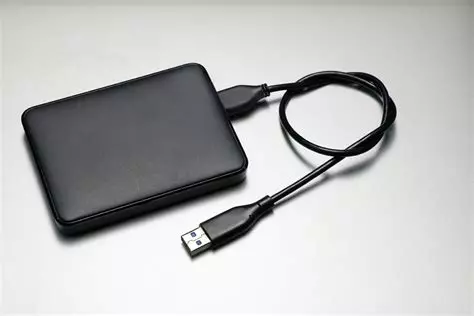
Another notable advantage of an external hard drive is that you can remove it from the system and its location immediately after a backup then relocate to an offsite location. In the event of a catastrophe such as a home fire or severe flooding, the drive should be safe and secure elsewhere.
A popular option, though it can get expensive, is a NAS (Network Attached Storage). A NAS would be permanently connected to your local network, and your system can be configured to constantly/routinely backup pertinent data to the NAS. It's still a good idea to periodically check this is being carried out automatically, rather than finding out when you need to rely on it that it hasn't been working for months!
Cloud Backup
Backing up your files online (in the cloud) is a safe and secure way to make sure your files are backed up, yet easily accessible in the event of a failure.
Example providers:
Each of these solutions offers a simple and intuitive way to ensure your data is backed up, secure, and offsite!
Typically cloud storage solutions won't have a surplus of storage space available and only allow you to backup small amounts of data, but these are a great solution for students and small businesses that are simply backing up basic documentation.
Full System Cloud Backup
If you would prefer to back up everything, then an online system backup option might be the best solution. There are a number of options, but each one offers a full system backup of some kind that is able to be restored over the internet in the event of failure/loss.
- Carbonite
- iDrive
- Backblaze
- Acronis Cyber Protect (formerly Acronis True Image)
These services offer full Image Backup and Bare Metal Restoration which means you can restore your system from an online backup even if you can't get into the Operating System.
When to backup data
Now that we know the what, where, and how, we still need to explain the when. All of the best plans are worthless if it's never carried out, or carried out at inopportune moments!
If not being done automatically on a schedule (and you'll need to ensure these are running and working!) then you're doing it manually, and you should think about what the best time to copy the data off to your backup method of choice.
For instance, creating a backup of the files/folders that you've used at the end of the day or week. This way, if you lost data, you'd only be down a few hours/days of work which you'd have to replicate manually.
Which backup option is best?
Which backup process should you use? Ideally, you should use multiple options. It's best to have both an onsite and offsite backup in order to ensure data safety. Plus having an extra backup, just in case your first line of backup gets corrupted/lost! If your data is valuable, this shouldn't be too large of a cost to wear.
An onsite backup is stored locally in the same physical location as the data. Either a local internal/external drive or a network device nearby. If you backup to an external HDD and store that in the same building as your PC, that is an onsite backup.
Offsite backups are kept at another location. That could mean that after you backup your data, you physically take the device to another building, or you back up to an online server such as Google Drive or Dropbox. This is an offsite backup.
Onsite backups are quick and easy to perform, and they should be your first line of defence against potential data loss. In the event of data loss, an onsite backup can quickly be restored from an external device. If the building is flooded or burns down, suffers an electrical surge, or another catastrophic event, both your original data and onsite backups could be at equal risk, and you could lose all of your data.
The best solution is to store your files at an offsite backup such as a cloud service, and an onsite device such as an external HDD or NAS. There are a lot of options, and it's up to you which one you prefer based on cost, ease of use, reliability, and security, so do your research. Not all backup solutions are made the same.
What backup method does Evatech use?
Our website server has an automatic backup process in place and works on the following:
- Daily rolling backups, maximum of 7 backups.
- Weekly rolling backups, maximum of 4 backups.
- Monthly backups, all retained indefinitely.
All of the above are stored on our web server itself for easy and immediate access, but we also have a process in place to download all of the web server backups nightly onto our local server inside our office. Not to say we don't trust our web server company (hasn't put a foot wrong in over 10 years of us using them), but we really value our data!
Our local server is a part of a RAID in which all of the data is mirrored onto another drive. We get alerted to any issues with this RAID, and it should be able to sort itself out after a bit of interaction from our technicians.
Our emails are via a cloud provider, which means all of our emails aren't stored locally and we don't need to worry about backing it up. We also use a lot of collaborative files (text documents, spreadsheets, etc) which we also access online via a cloud service.
From time to time we do of course end up with files and folders on our local machines, but it's usually temporary and while we're working on them. Once the work is done it's either moved onto our local server, sent in an email, or it's not needed long term and will eventually be deleted anyway.
Not a comprehensive list
Everything mentioned here, while lengthy and it may go over your head even, isn't comprehensive or necessarily suited to you and your needs. But we can only discuss what we know about, it's up to you to expand on the ideas and/or do your own due diligence into what's right for you!
Evatech also does not assume any responsibility for data that's lost either on your systems, or by implementing one of the mentioned backup methods/services. Data backup is always the customer's responsibility.
Something still not right with your Evatech PC? We're standing by and our support team can assist you!
Contact Evatech SupportIf this page didn't solve your problem, there's many more to view, and they're all very informative.
Evatech Help Docs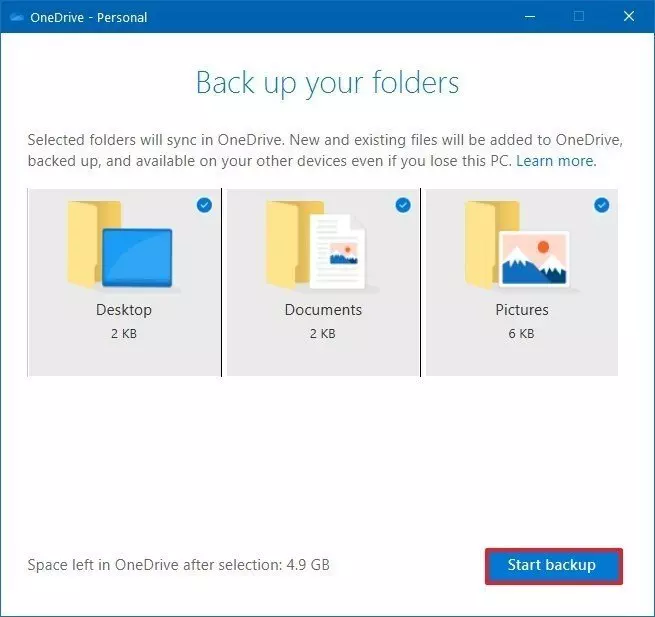
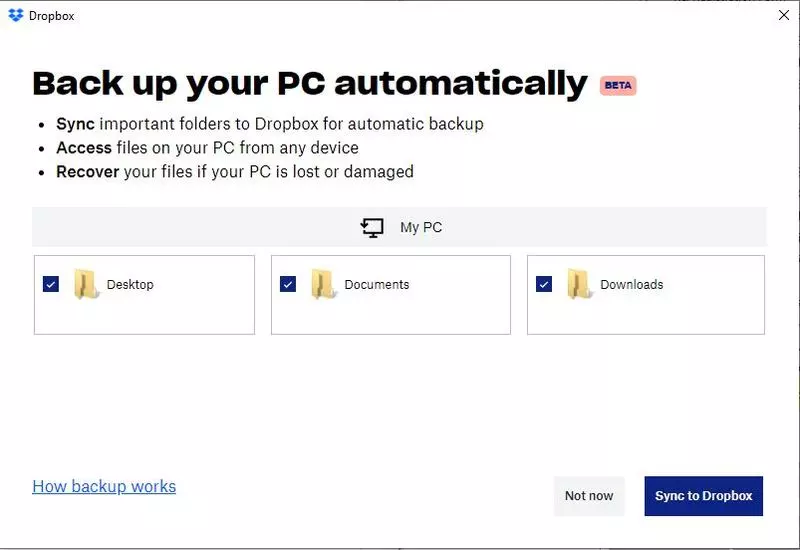
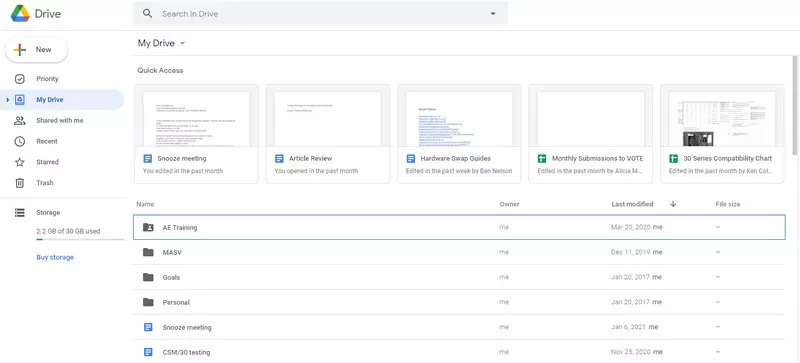
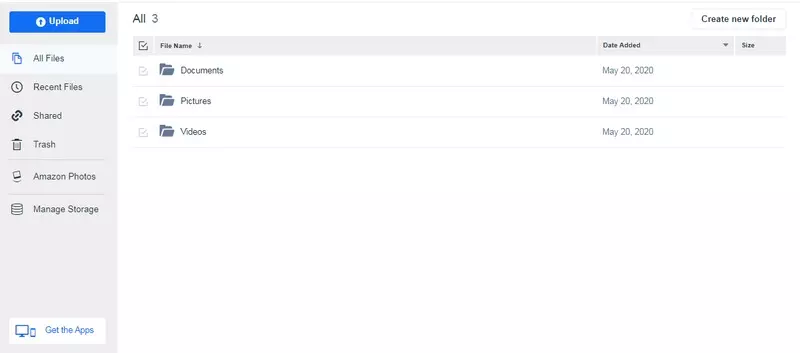
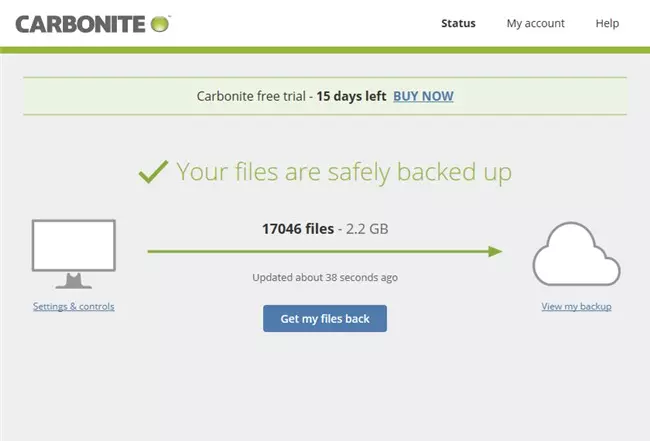
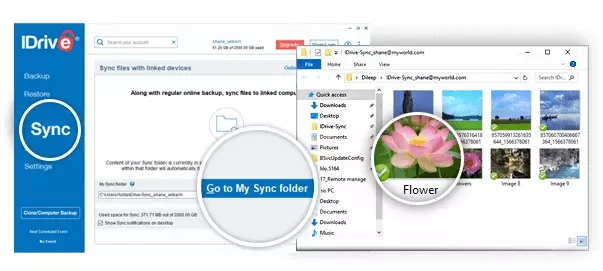
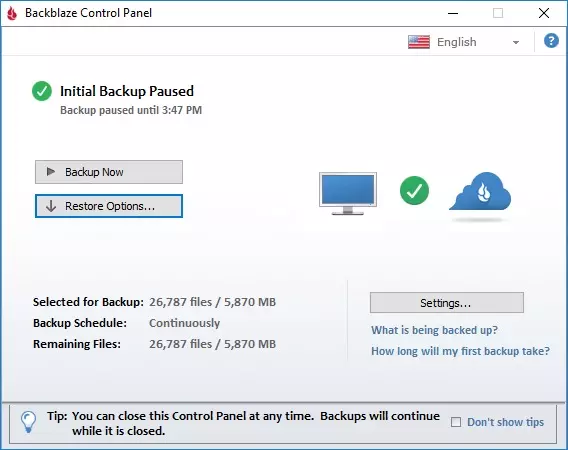
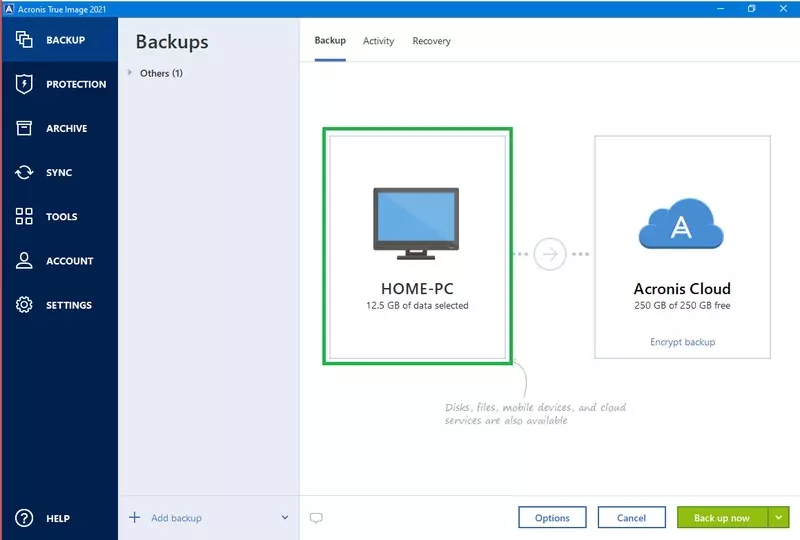










 5/2 Fiveways Boulevarde, 3173 VIC
5/2 Fiveways Boulevarde, 3173 VIC Monday - Friday 10am-6pm
Monday - Friday 10am-6pm +61 (03) 9020 7017
+61 (03) 9020 7017 ABN 83162049596
ABN 83162049596 Evatech Pty Ltd
Evatech Pty Ltd